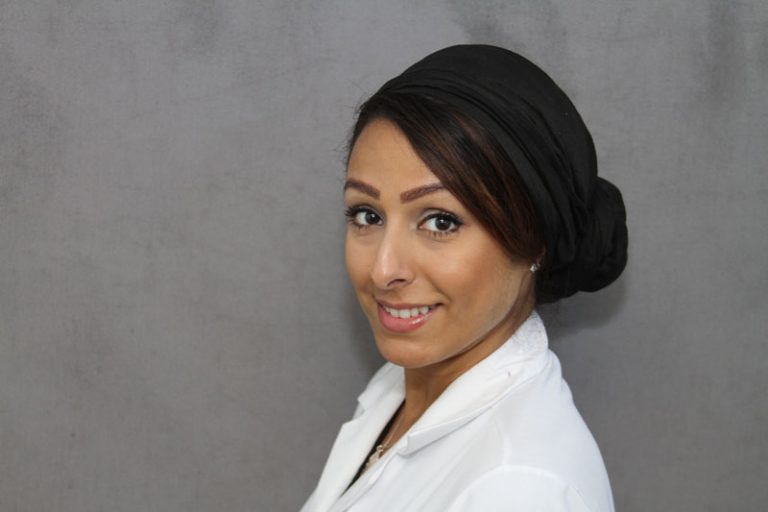Seasonal Affective Disorder (SAD) is a type of depression experienced by people during the beginning of the fall months through winter.

The exact cause of Seasonal Affective Disorder is unknown; however, according to the American Psychiatric Association, “SAD has been linked to a biochemical imbalance in the brain prompted by shorter daylight hours and less sunlight in winter.” Decreased levels of sunlight have been found to disrupt melatonin (a hormone that regulates our sleep-wake cycle) and serotonin (a chemical that regulates mood) levels in the body.
Those affected by the disorder may find that they have sleep issues, difficulty concentrating, and increased cravings for unhealthy foods that can contribute to weight gain and low energy, as well as other symptoms associated with depression such as feelings of hopelessness or thoughts about suicide.
Treatment for SAD may include phototherapy, medications and psychotherapy. Your doctor may also recommend lifestyle changes such as increasing your exposure to natural light. This can be achieved by doing more outdoor activities such as walking, jogging and hiking. Increasing physical activity is also strongly encouraged as this has been found time and time again, to reduce levels of stress and anxiety which improve symptoms of SAD. In addition to improving your mood, physical activity can help to control or lose weight.
Paying attention to your eating habits is very important. Those with SAD are at an increased risk for emotional eating and making poor dietary choices. Eating a healthy, well-balanced diet can help you to manage your weight and sustain energy. Avoiding alcohol is highly recommended. Alcohol acts as a depressant, which in excess can worsen depressive symptoms
Practicing meditation or yoga as well as receiving acupuncture or massage therapy have been found to decrease anxiety and stress levels, improving mental and physical health overall. It is also important to surround yourself with friends and family, this allows for less alone time and strong social support.
If the symptoms of SAD persist, consider cognitive psychotherapy and or SSRI (selective serotonin reuptake inhibitors) treatment to relieve depressive symptoms and address underlying difficulties.
If you are struggling with SAD, you do not need to feel alone. It is estimated that 10-20% of Americans suffer from SAD. It is important to seek help if you are experiencing issues at work or school, substance abuse or other signs of mental health disorders, especially suicidal thoughts.
To speak with or see a Family Medicine doctor about Seasonal Affective Disorder, please call 718- 206-6942

All content of this newsletter is intended for general information purposes only and is not intended or implied to be a substitute for professional medical advice, diagnosis or treatment. Please consult a medical professional before adopting any of the suggestions on this page. You must never disregard professional medical advice or delay seeking medical treatment based upon any content of this newsletter. PROMPTLY CONSULT YOUR PHYSICIAN OR CALL 911 IF YOU BELIEVE YOU HAVE A MEDICAL EMERGENCY.
